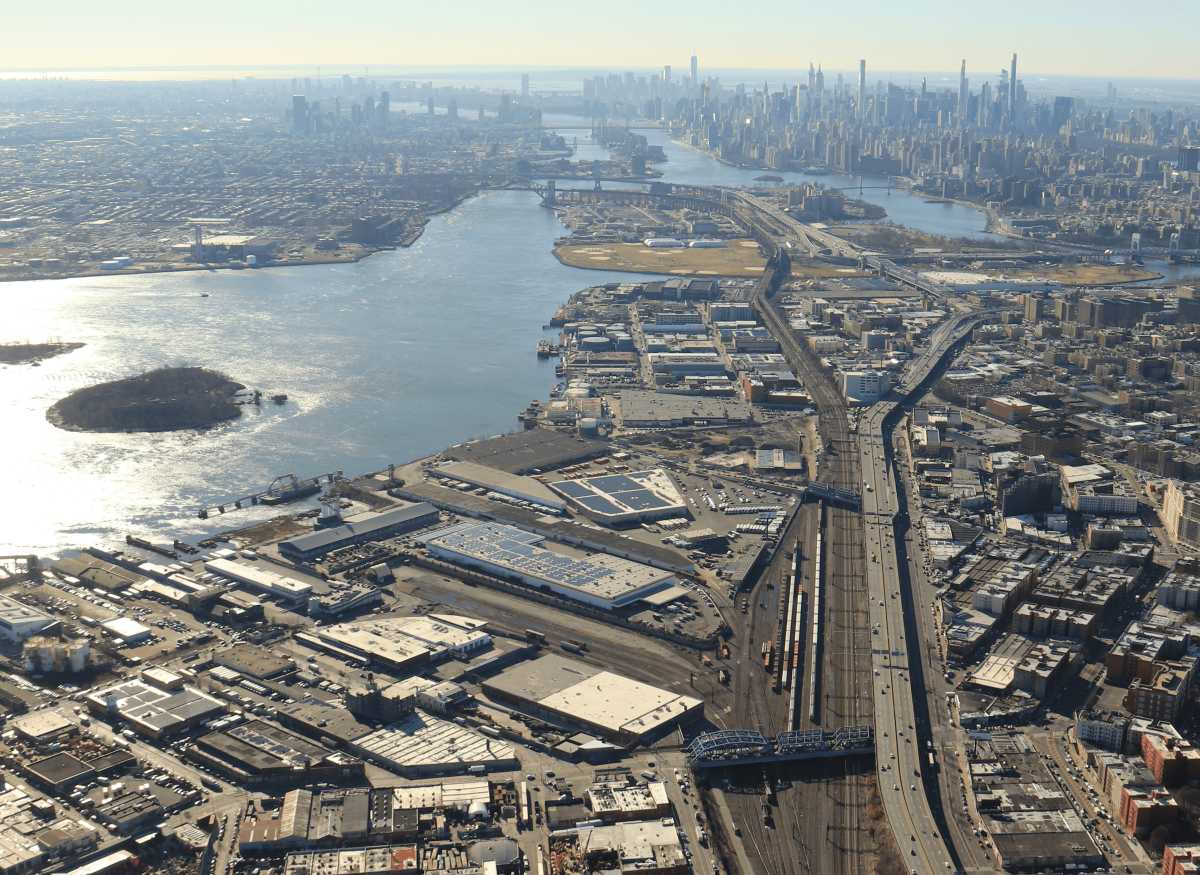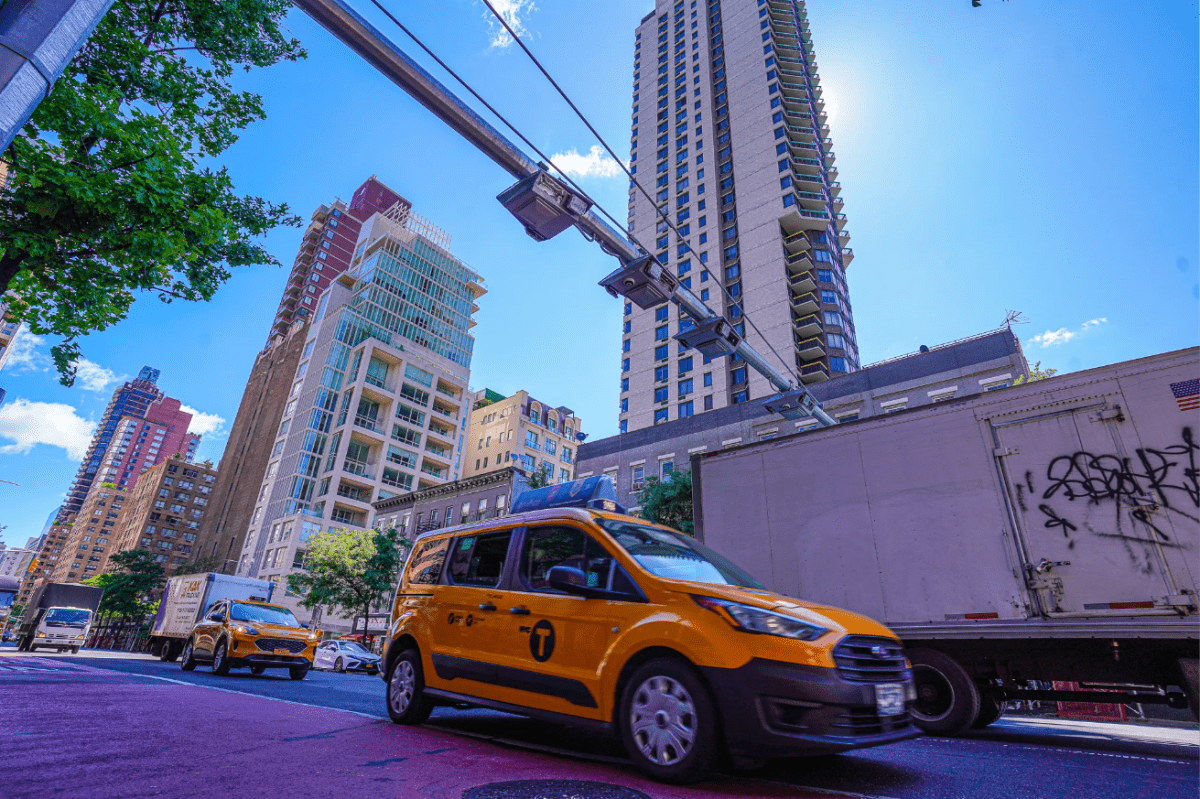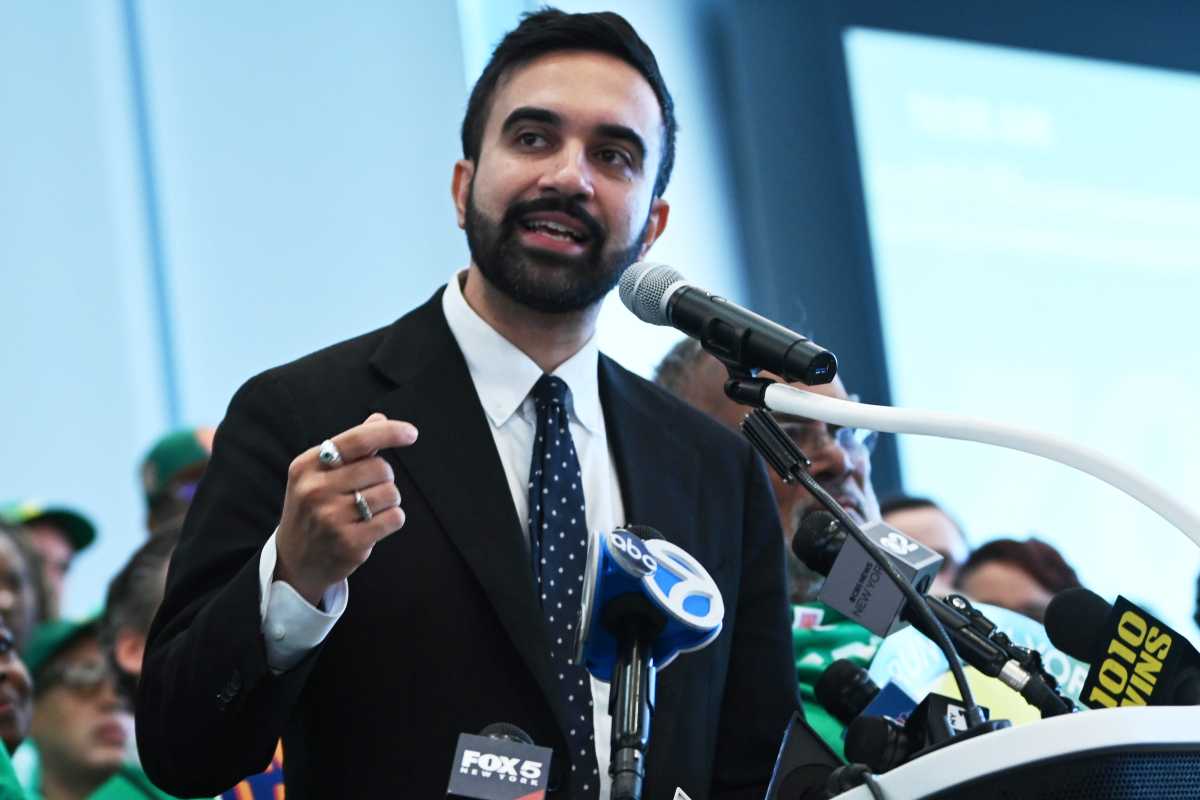The focus on electrification – and other initiatives designed to help New York play a role in a national strategy to reduce emissions and realize its ambitious climate goals – is largely focused on transformational rhetoric and goal setting. That is important. After all, big ideas are the engine of change. Equally important, however, are reasonable plans to achieve those big ideas rooted in an understanding of on-the-ground dynamics.
This mix of long-term goals and short-term road mapping is how New York can realize a zero-emission future even in complex industries like trucking, where the complications of electrification are especially apparent.
Such work is underway right now in the Bronx, where a new program with buy-in from a diverse range of stakeholders is helping pave a path for a zero-emission future for trucking. Its impact can extend far beyond the borough and can set a standard across the state for successfully managing a complex logistical transition.
Called the Freight Electrification-as-a-Service for Transformation (FEaST), the program will holistically tackle the challenges of electrifying the trucking industry. It will include a way to approach high upfront costs for trucking companies, alleviate charging infrastructure concerns and other issues of energy management, and train and deploy a local workforce to support freight electrification in the Bronx and around New York City more broadly.
Approaches like this have helped clean the trucking industry already. Technologies like clean diesel have reduced truck pollutants by 99 percent since 1974, meaning that 60 trucks on the road today equal the output of one truck on the road in 1988.
FEaST has a broad mandate but provides realistic, tangible steps toward a more sustainable trucking industry. Led by CALSTART, a national nonprofit, and funded via NYSERDA grant, FEaST has partners, including my organization, the Trucking Association of New York, as well as clean energy experts, educational institutions like Bronx Community College (BCC), and others with a vested interest in getting this right.
Crucially, the program works to answer one of the biggest challenges facing freight electrification: the dire workforce shortage and need to train the next generation of commercial vehicle technicians, whose job responsibilities will be as much about software malfunctions and issues as it is about traditional engine maintenance. Part electrician, part tech support, part technician.
That is why BCC is taking action and helping students in its Automotive Technology program find jobs in the industry. Supported by a $4 million investment from the State of New York, new programming will train the next generation of electric vehicle technicians in a state-of-the-art garage with the latest in EV tools. Our partnership with the school ensures that we have a homegrown workforce for the foreseeable future, who understands the combined challenges facing both the industry and their community.
Job training like this will ensure a steady pipeline of local workers to help achieve a new future that will be rapidly upon us. FEaST, when completed, will service Bronx landmarks like Yankee Stadium and see 10 electric trucks replace gas-powered ones in the South Bronx, which deploy from their depot in Hunts Point.
FEaST also helps to ensure the next generation of workers are equipped for new jobs that will come with electrification investment. Just recently, the Adams administration announced New York City was awarded $77 million in competitive federal grants to expand our stock of electric school buses and trucks. The funding will add 180 new electric school buses and help build an EV charging depot at the Hunts Point Distribution Center in the Bronx. Training at BCC will allow students the proper credentials necessary for a changing job landscape and expanding EV stock.
While our important work is just getting underway, the promise is real. FEaST responds to federal climate mandates and utilizes a pool of federal, state, and local resources to start the transition. It provides a roadmap to a more sustainable future in a borough with a long – and often strained – relationship to heavy-duty vehicles like trucks. And it is empowering residents with the tools they need to make the Bronx a leader in clean freight.
That said, workforce development is just one part of a larger effort to green the construction industry. Emerging technologies – including electric trucks – still face significant logistical and financial challenges for implementation. We will need to create the physical infrastructure to support such a future, including chargers and long-term batteries capable of moving heavy trucks over long distances.
That will likely take some time. But in the South Bronx, the promise of that future is well underway – and we hope the rest of New York is watching.
Kendra Hems is president of the Trucking Association of New York.


















